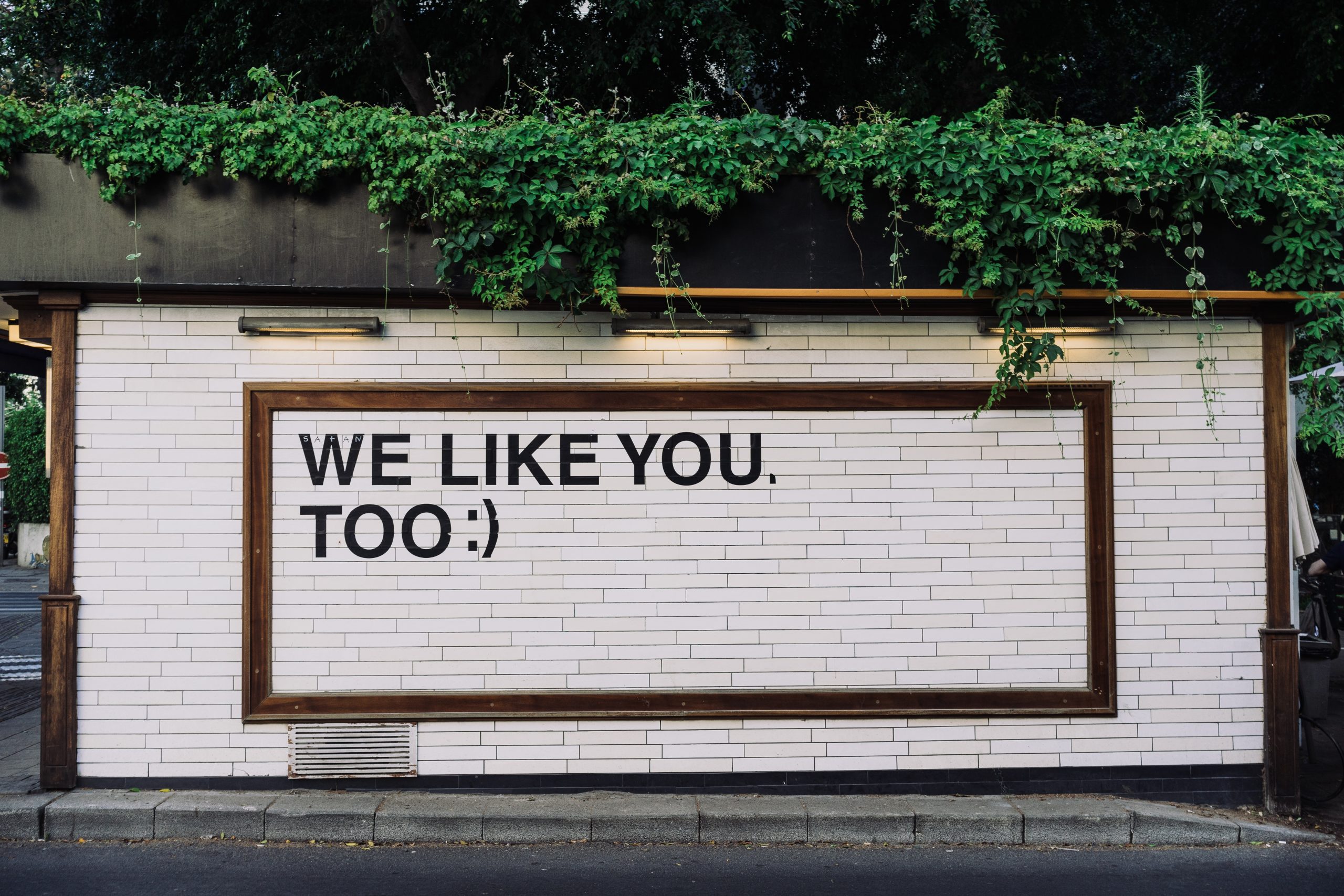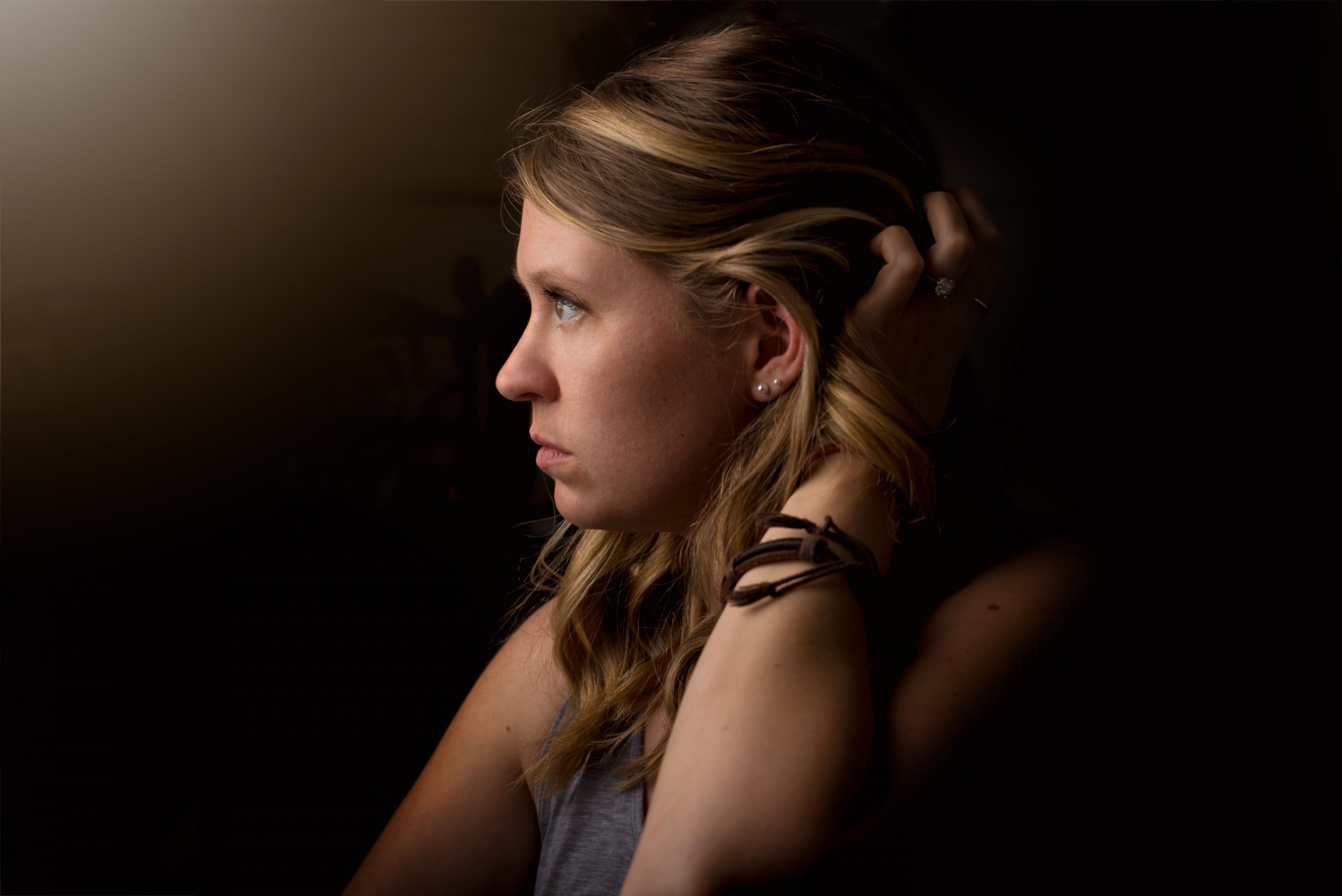Why you need a personal life insurance policy What is life insurance? Life insurance is a contractual agreement between an insurance…
-
Hey Gen Z, I Have NFI What You’re Saying! Sincerely, a Confused Xennial
The first step is admitting you have a problem I’m 43 years young, and I have two teens. My son…
-
-
To Blog or Not to Blog
To blog, or not to blog, that is the question: Whether ’tis WordPress on the mind to type The keyboard…
-
The Educational System in the United States is Failing Kids with ADHD
The Educational System in the United States is Failing Kids with ADHD I worked for the department of education in…
-

Be Your Own Psychologist
Can you be your own psychologist? In some ways, you totally can. You can be your own therapist because the…
-

Repressed Memories Scare Me
Repressed memories are a funny thing and by funny I mean, scary. There are things that I wish I remembered…
-

I’m Open and Closed
I used to believe that I was entirely an open book. I am honest, passionate, blunt at times and I…
-

The Power of The Mind Body Connection
The mind-body connection is powerful. I often disassociate from my body because it is usually emotionally painful to be inside…
-

Just when I thought I knew myself
I’ve always prided myself on knowing myself. I know who I am, what I want, and where I want to…